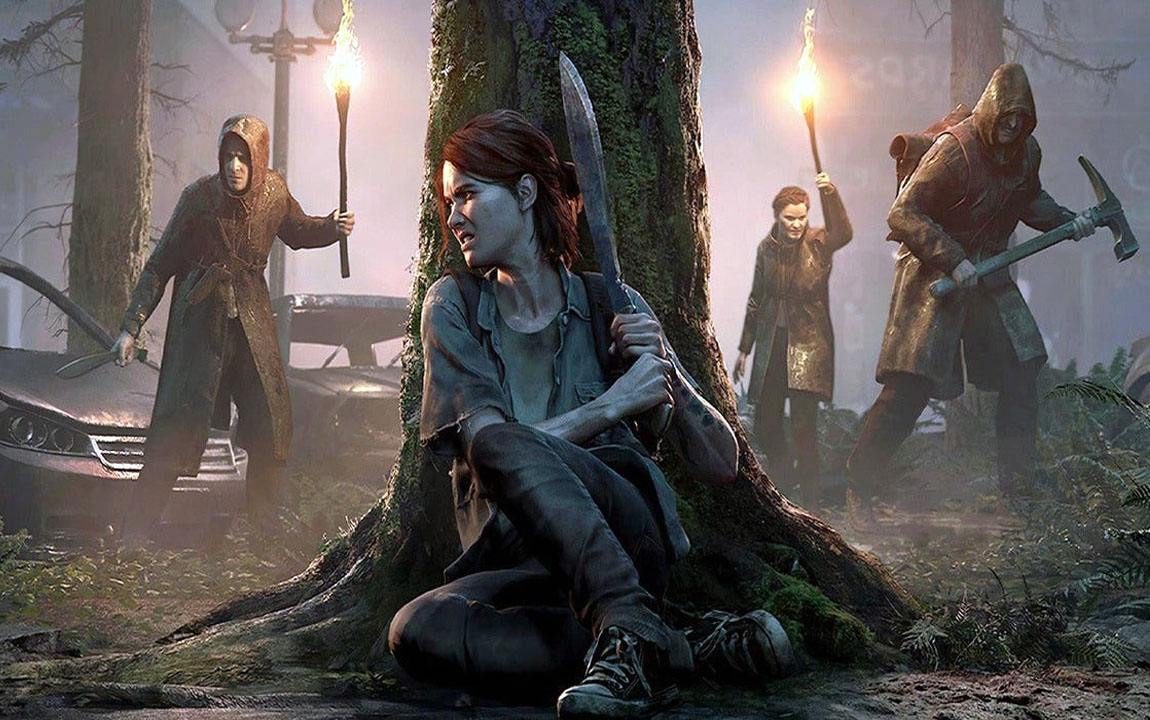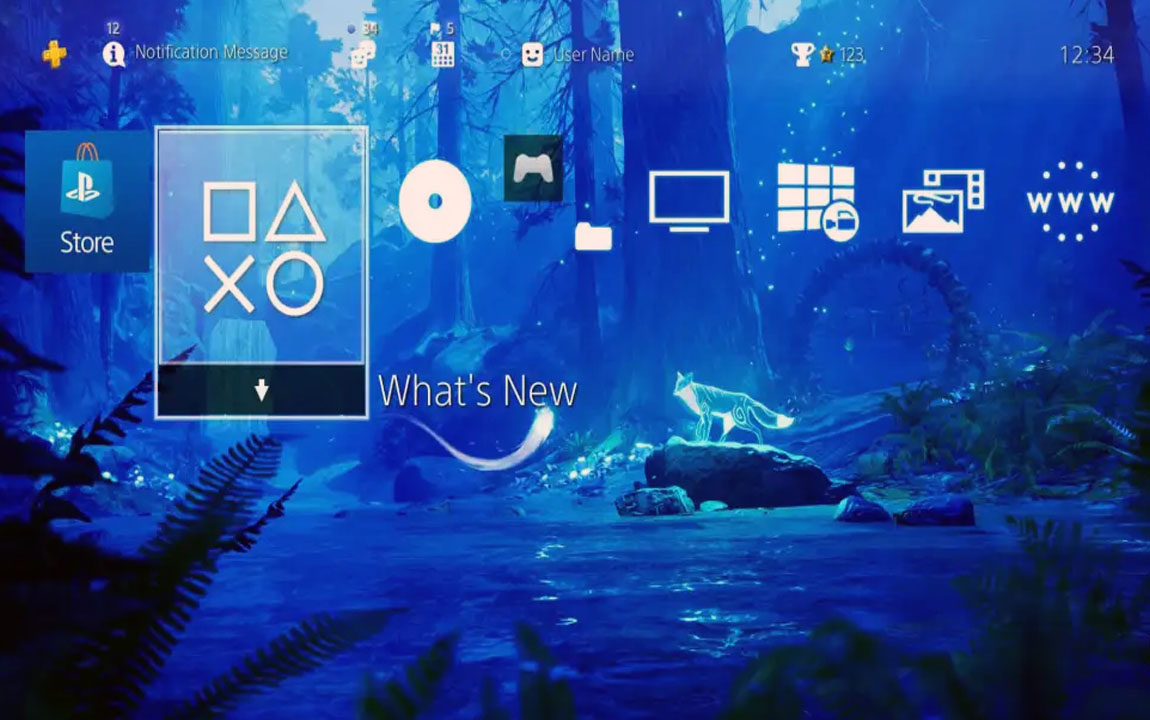PlayStation, a brand of home video game consoles developed by Sony Interactive Entertainment, is one of the most popular gaming platforms in the world. However, in recent years, the brand has been under fire for its strict censorship policies that have resulted in the removal or alteration of certain video games. This has led to a heated debate within the gaming community about the role of censorship in video games and the impact it has on creative freedom and artistic expression.
Censorship in video games is not a new phenomenon, but it has become more prominent in recent years, especially on PlayStation platforms. In 2018, Sony updated its content guidelines for games published on PlayStation platforms, which included a ban on "sexual content" and "excessive violence" in games rated "T" (for Teen) or below. Additionally, the company began requiring developers to submit their games for approval before they could be released on PlayStation platforms.
The result of these policies has been the removal or alteration of several games that were deemed too explicit or controversial for PlayStation platforms. For example, in 2018, Sony refused to release "Super Seducer" on PlayStation, a dating simulator that featured controversial content and was criticized for promoting misogynistic and predatory behavior. Similarly, in 2019, the company removed the game "Omega Labyrinth Z" from its platforms, citing its sexual content and the potential harm it could cause to minors.
In October 2018, it was revealed that some Japanese PS4 games had been censored due to policy changes by Sony Interactive Entertainment (SIE) regarding video game content. At the Japan Studio "Fun" Meeting in December 2018, SIE Japan president Atsushi Morita addressed this, stating that the censorship was necessary to match global standards and to protect children from unpleasant content. However, multiple Japanese developers spoke anonymously to The Wall Street Journal in April 2019, stating that Sony lacked consistent guidelines for sexual content and that requests for adjustments were inconsistent.
The policy changes mainly affect PlayStation games that employ fanservice, with some violence also reportedly affected. For example, while The Last of Us Part II contains topless female nudity, it did not have fanservice and was not censored, except to comply with Japan's CERO guidelines.
In February 2021, Cyberconnect2's President and CEO Hiroshi Matsuyama stated in an interview that Sony had compelled the developers to make changes to the Naruto Ultimate series. One character, Minato Namikaze, originally had a missing arm, but his arm was added back in to comply with Sony's policies.
These actions by Sony have sparked a backlash from some members of the gaming community, who argue that censorship in video games is unnecessary and undermines creative freedom and artistic expression. Critics of PlayStation's censorship policies argue that video games are a form of art and should be treated as such, with creators having the right to express themselves without fear of censorship or repression.
Proponents of censorship, on the other hand, argue that video games have a powerful influence on their audience and that certain content, such as violent or sexually explicit content, can have a harmful impact on players, particularly children. They argue that censorship is necessary to protect vulnerable individuals from being exposed to content that may be inappropriate or harmful.
Here is an updated list of games that have been censored by Sony Interactive Entertainment (SIE) in recent years:
- Aokana: Four Rhythm Across the Blue - Censored
- Arch of the Alchemist - Censored
- Blade Arcus Rebellion From Shining - Box Art Censored
- Blue Reflection - Censored
- Brave Neptunia - Censored
- Catherine: Full Body - Censored
- Conception Plus - Touching Censored and Classmating Censored
- Date A Live: Rio Reincarnation - Censored (art book is also censored)
- Dead or Alive Xtreme 3: Scarlet - Censored
- Death End re;Quest 2 - Censored
- Dragon Star Varnir - Censored
- Fairy Tail - Upskirt shots censored
- Final Fantasy VIII Remastered - Censored
- Haruoto Alice Gram - Censored
- Labyrinth Life - Censored
- LoveR - DLC Costumes Censored
- Million Arthur: Arcana Blood - Censored
- Nekopara Vol. 1 - Censored
- Nora to Oujo to Noraneko Heart - Censored
- PlayStation Static and Dynamic Themes - Censored
- Raspberry Cube - Censored
- Saku Saku Love Blooms With The Cherry Blossoms - Censored
- Silverio Trinity - Censored
- Senran Kagura Burst Re:newal - Censored
- SNK 40th Anniversary Collection - Box Art Censored
- Terminator: Resistance - Sex scenes censored
- Williams Pinball Vol. 2 - Censored
- YU-NO: A Girl Who Chants Love at the Bound of this World - Censored
- Yuragi-Sou no Yuuna-san - Censored
- Zanki Zero: Last Beginning - Censored
It's worth noting that censorship policies may vary by region and that different platforms and publishers may have their own policies and guidelines.
It's worth noting that some of these games have been censored in specific regions or platforms and that censorship policies may vary by region and publisher. Additionally, some games may have been modified or censored to comply with local laws and regulations.
Censorship in video games has been a controversial topic in recent years, with some gamers and developers arguing that it stifles creativity and artistic expression while others believe that it's necessary to ensure that games are appropriate for all audiences. It's important for gamers to be aware of censorship policies and how they may affect their gaming experience.
However, the debate over censorship in video games is not just about the impact of content on players. It is also about the impact of censorship on the industry itself. Some developers have argued that censorship policies can be a barrier to entry for smaller developers who may not have the resources to comply with strict content guidelines. This can stifle creativity and innovation in the industry, ultimately leading to a lack of diversity in the types of games that are available to players.
Furthermore, some argue that censorship policies can have a negative impact on the bottom line for developers and publishers. If a game is censored or removed from a platform, it can result in lost revenue for the developers and publishers, which can ultimately hurt the industry as a whole.
While censorship in video games is a complex issue with no easy answers, there are some potential solutions that could balance the need to protect players with the need to allow for creative expression. For example, some have suggested that content warnings or age restrictions could be used instead of outright censorship. This would allow players to make informed decisions about the content they choose to engage with, while still allowing for creative freedom and artistic expression.
Another potential solution is to establish clear and consistent content guidelines that are transparent and fair to all developers. This would ensure that developers know what is and is not acceptable on PlayStation platforms, reducing the likelihood of games being censored or removed after they have been developed and submitted for approval.
Ultimately, the debate over censorship in video games is unlikely to be resolved anytime soon. As the industry continues to grow and evolve, so too will the debate.


